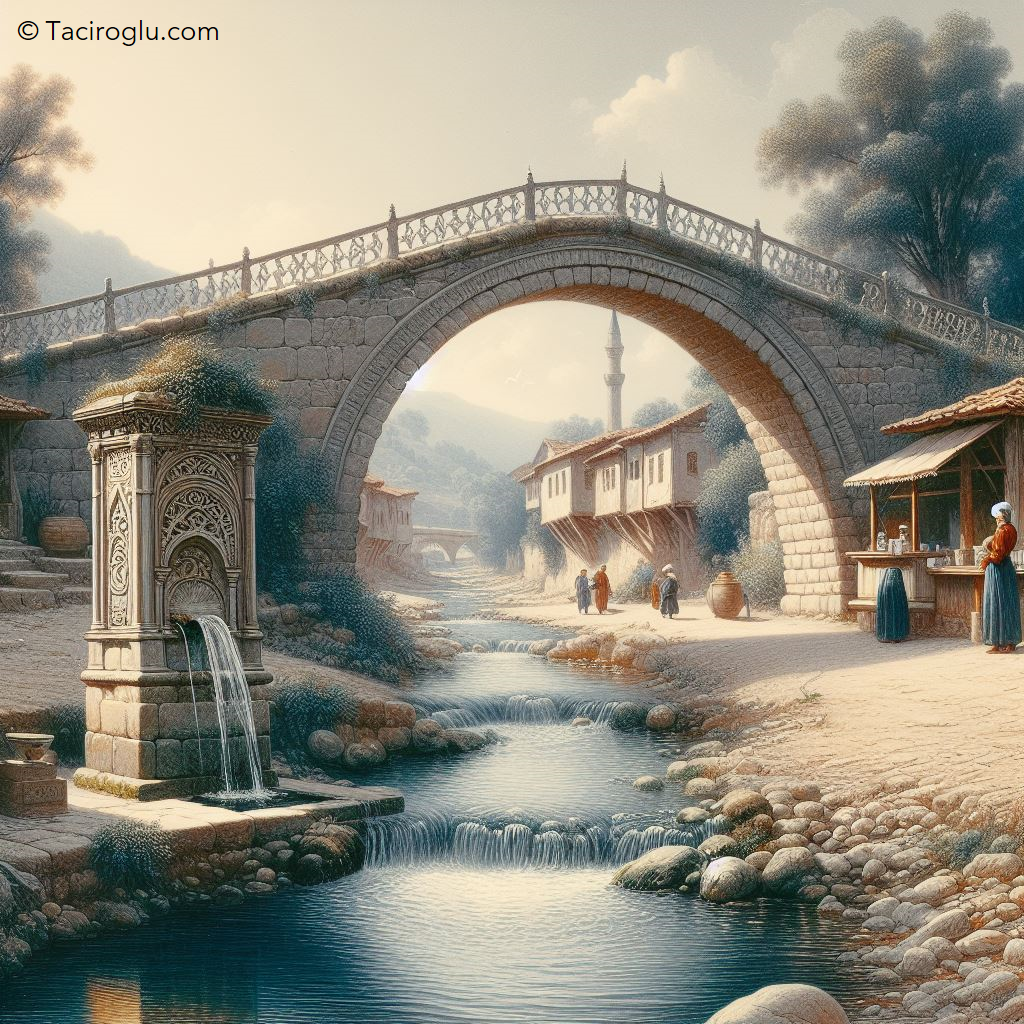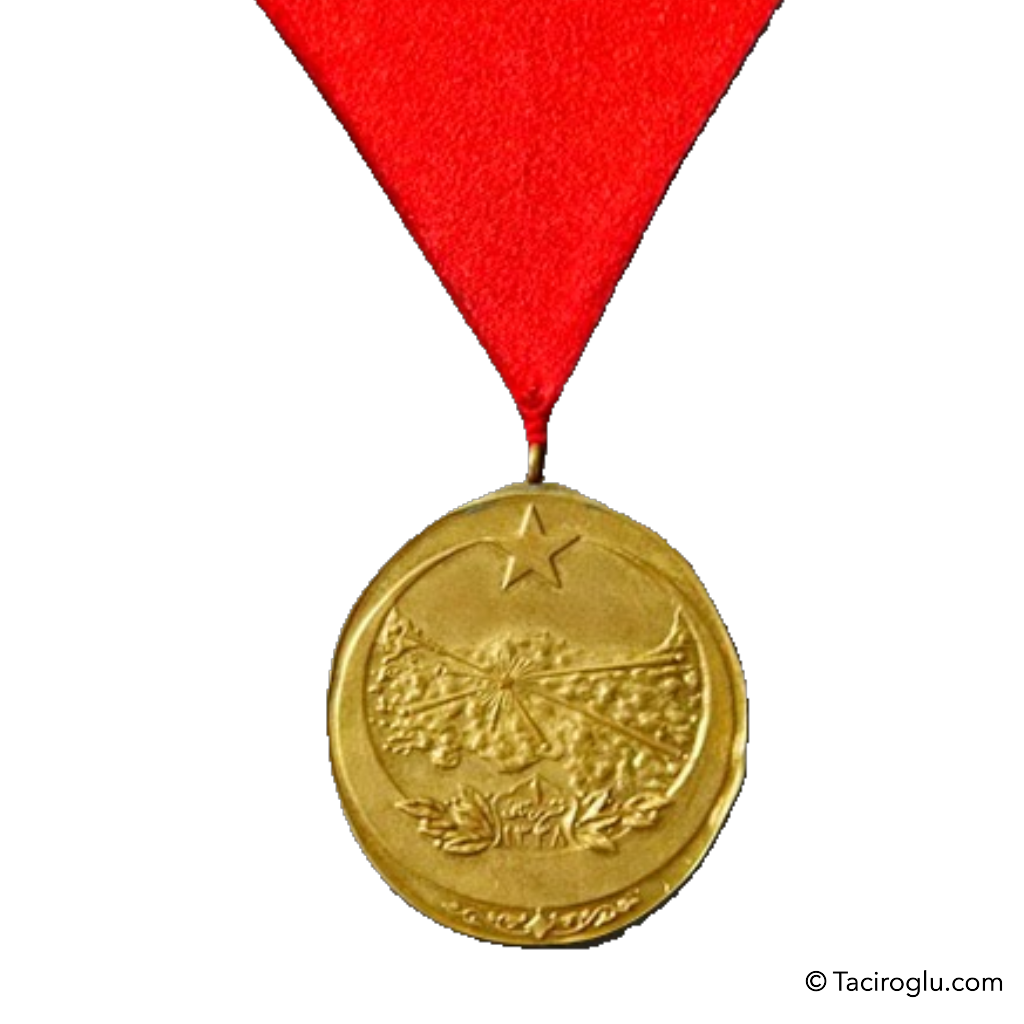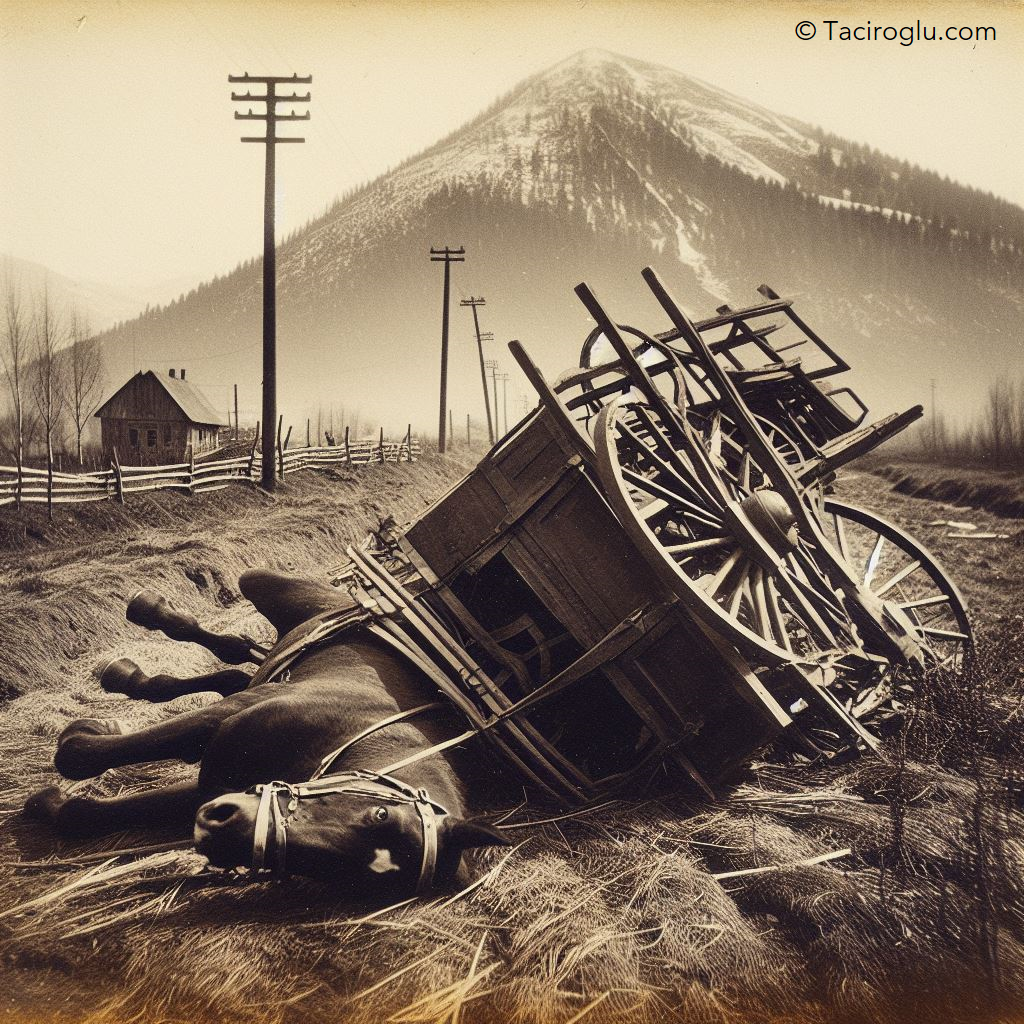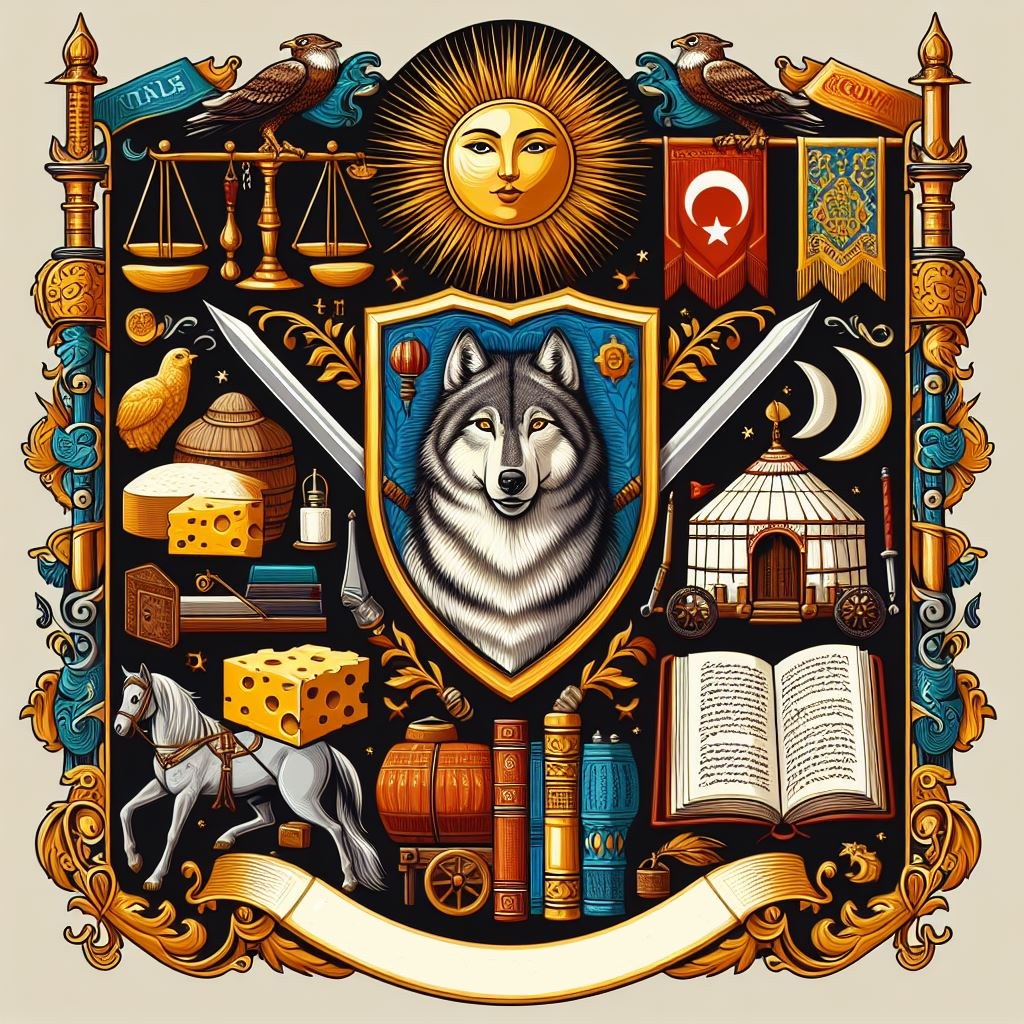Two Tecirli Brothers 1880-1960

The Tecirli brothers faced many challenges during their formative years due to the absence of their father. However, their father was a respected and influential figure in both the business world and the surrounding communities. Tecirli Mehmet Efendi was known for his remarkable generosity and humility, and contributed to the welfare of society by financing the construction of bridges to facilitate safe river crossings and the installation of public water fountains for thirsty travelers. He regularly provided food to those who could not afford it, without seeking recognition or fame for his altruistic acts. Furthermore, he even rejected the idea of having bridges or fountains named in his honor. He was guided by the principle imparted by his mentor: ‘do not let your left hand know what your right hand is doing.’ He carried out his benevolent deeds discreetly.
The death of their father did not leave the Tecirli brothers without support, as their community rallied around them. Neighbors and friends provided them with support and guidance, encouraging them to pursue education and continue the cheese-making tradition passed down from their ancestors. By preserving their family’s legacy, the brothers became stewards of a heritage that extended beyond their individual pursuits.
The Past Good Deeds Pays Off
Isolated from other members of the clan following a tragic massacre, the brothers believed themselves to be the sole survivors. Dispersed across different locations, the Tecirli clan, once boasting tens of thousands of members, seemed lost to them. However, their neighbors and friends played a crucial role in not only offering guidance and support but also in uncovering the truth about the scattered remnants of their clan. While the brothers eventually discovered a few survivors in other cities years later, the reunion was bittersweet. The once-cohesive Tecirli clan now existed in fragmented remnants.
Today, the historical perspective has broadened, revealing that more survivors endured the massacre than initially thought. However, the tragic event severed ties and communication among the clan members, leaving them scattered and isolated. The painful narrative of the two Tecirli brothers stands as a testament to resilience, community support, and the enduring impact of historical upheavals on familial and communal bonds.
Clan Member in Maras
The brothers were not completely alone in their journey towards rebuilding their lives. A benevolent hand reached out to them from within the Tecirli clan itself. Residing in Kahramanmaraş, a city in southern Turkey, a compassionate clan member extended a lifeline to those grappling with the aftermath of the tragedy. This generous individual hailed from a sizable family, which, moved by empathy. They embraced and adopted numerous surviving members of the Tecirli clan residing in the region.
In an act of profound significance, this altruistic family took on a new surname. They transformed their identity to “Oksuz” and “Oksuzler” – translating to Orphan and Orphans in Turkish. This intentional change not only served as a symbolic gesture but also a tangible commitment. The change was to honor the memory of the victims while expressing unwavering solidarity with those who had endured the traumatic event. The adoption of the term “Orphan” resonated deeply. It encapsulated not only the profound loss suffered by the Tecirli clan but also embodying a painful symbol of unity and shared destiny among the survivors.
This act of renaming represented a communal effort to forge a new narrative for the Tecirli survivors, emphasizing resilience and mutual support. It was a testament to the enduring strength of human connections, transcending individual grief and loss to create a collective identity that carried the weight of the past while symbolizing hope for the future. The Oksuz family’s compassionate gesture became a cornerstone in the ongoing saga of the Tecirli clan’s survival, offering solace, solidarity, and a shared sense of belonging in the face of adversity.
Pilgrimage of Hajj
Haci Mehmet, a paragon of knowledge and culture, exemplified devotion to one of the Five Pillars of Islam. He embarked on the sacred pilgrimage of Hajj to the holy city of Mecca in Saudi Arabia during his youth. Despite the profound tragedy of losing his father to the cruelty of corrupt Ottoman Empire soldiers, he steadfastly refused to let bitterness harden his heart. Haci Mehmet remained unwaveringly loyal to his country and retained a compassionate spirit towards his fellow human beings.
In the pursuit of a fulfilling life, Haci Mehmet embraced matrimony twice and became the father of three sons. His commitment to service extended to the Ottoman Empire military, where he dedicated many years of his life, intermittently participating in various campaigns. His valor and dedication did not go unnoticed. He was honored with the Medal of Independence—an esteemed military decoration bestowed by the Grand National Assembly of Turkey upon individuals who made significant contributions during the Turkish War of Independence.
Another Selfless Loss for the Country
When the Ottoman Empire faced the throes of decline and the tides of war turned against it. Haci Mehmet felt an innate call to duty and honor. Recognizing the perilous nature of the situation, he understood that the chances of returning alive were slim. However, fueled by a profound sense of sacrifice for his homeland, he bid a painful farewell to his family. He did not even know that his wife was carrying their third child. Departing for the front-lines, Haci Mehmet displayed unyielding bravery until he met his demise. He died in battle in Germany on January 27, 1918.
His wife, three months pregnant at the time of his sacrifice, remained unaware of his fate until the following summer. At only 44, Haci Mehmet made history with selfless dedication and sacrifice, embodying duty, honor, and love for country.

Self Preservation of last standing brother
Diverging from the path chosen by his younger brother, Ali grappled with the notion of abandoning his family to partake in the turmoil of war. Having shouldered the responsibility of being the man of the house since he was 8, he developed a stoic facade. He compelled to exude strength, bravery, and a near absence of emotion. His role demanded that he remain steadfast, serving as the familial guardian, ensuring the safety and well-being of his loved ones. The stark contrast in psychological disposition between Ali and his brother was evident. And yet, Ali not only adapted to his circumstances but also undertook the arduous task of self-education.
Ali delved into the intricacies of his ancestral trade secrets, becoming a repository of knowledge within his clan. His efforts extended beyond personal enrichment; he forged connections between his immediate family and other surviving members of the clan, weaving a fabric of support and solidarity. Amidst life’s challenges, Ali entered into two marriages and became the father of five sons and two daughters.
Carriage Accident Marks the end of one Generation
Tragedy struck on a cold October day in 1960 when Ali and his wife, Fatma Lutfiye, were involved in a horse carriage accident. She sustained a severe head injury, succumbing to cerebral hemorrhage in a hospital. The devastating loss left Ali grappling with profound grief. Merely 25 days after his wife’s passing, Ali himself departed this world. The cause of his demise shrouded in uncertainty, as the weight of sorrow and a possible parallel hemorrhage blurred the lines of distinction between cause and effect. The tale of Ali, marked by resilience, sacrifice, and an unwavering commitment to family, stands as a testament to the indomitable spirit of an individual shaped by the crucible of life’s tribulations.

